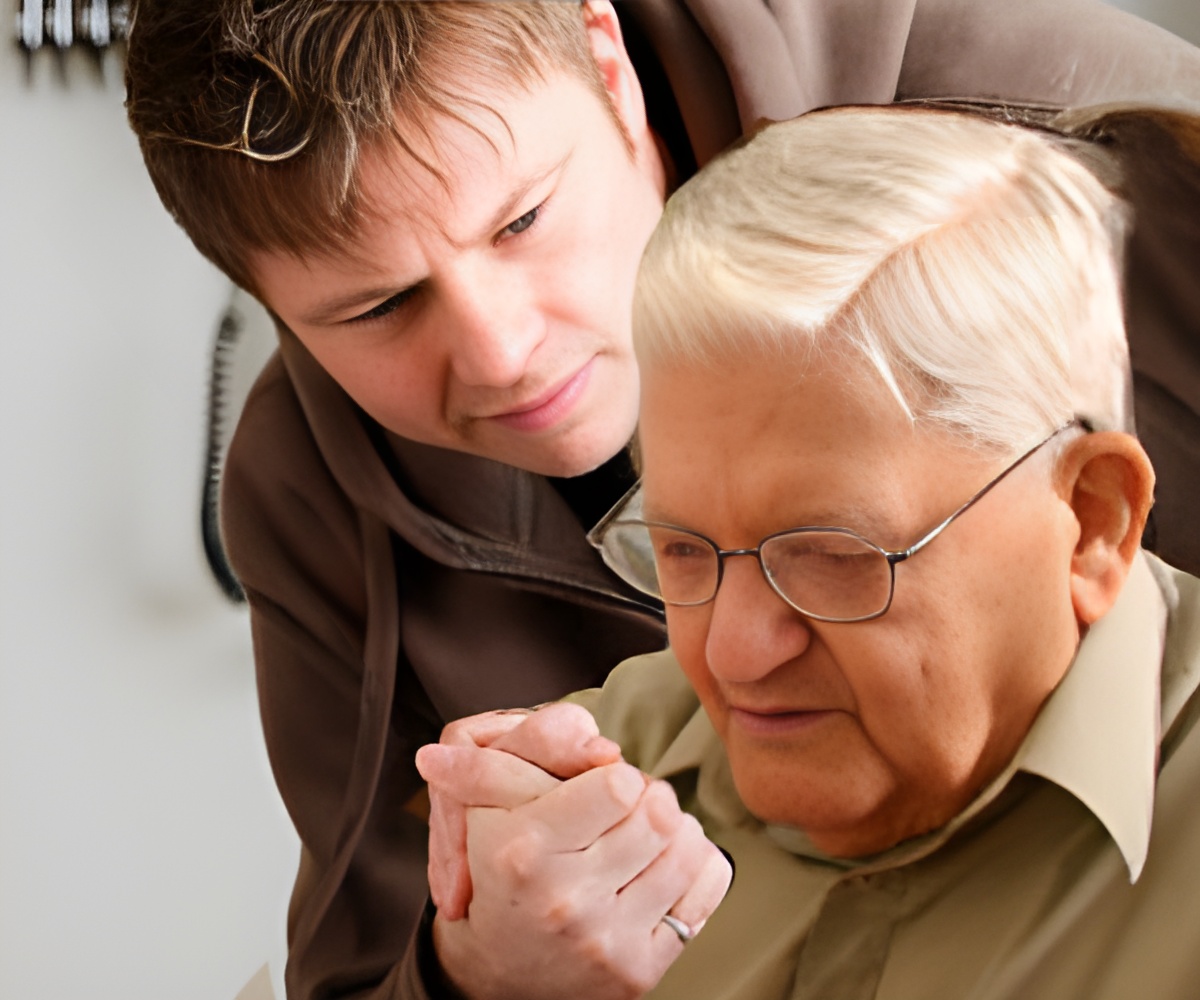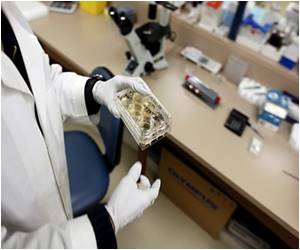For rapid and accurate diagnosis of stroke patients, the results from the initial clinical studies involving the microwave helmet Strokefinder confirm the usefulness of microwaves.

In the article, researchers from Chalmers University of Technology, Sahlgrenska Academy and Sahlgrenska University Hospital present results from the initial patient studies completed last year. The study included 45 patients, and the results show that the technique can with great certainty differentiate bleeding strokes from clot-induced strokes in patients with acute symptoms.
Strokefinder is placed on the patient's head where it examines the brain tissue by using microwaves. The signals are interpreted by the system to determine if the stroke is caused by a blood clot or bleeding.
"The results of this study show that we will be able to increase the number of stroke patients who receive optimal treatment when the instrument makes a diagnosis already in the ambulance," says Mikael Persson, professor of biomedical engineering at Chalmers University of Technology. "The possibility to rule out bleeding already in the ambulance is a major achievement that will be of great benefit in acute stroke care. Equally exciting is the potential application in trauma care."
The initial patient studies have been performed inside hospitals, and this autumn the research groups at Chalmers and Sahlgrenska Academy will test a mobile stroke helmet on patients in ambulances.
Source-Eurekalert















